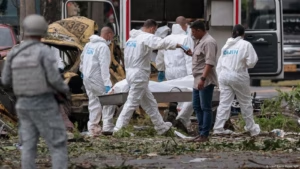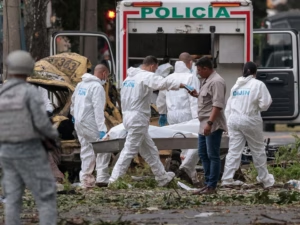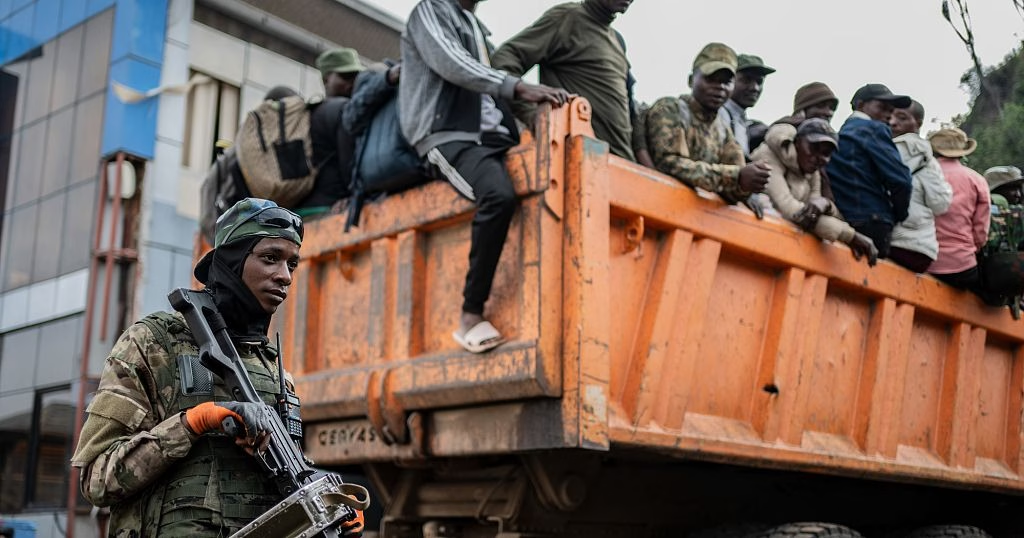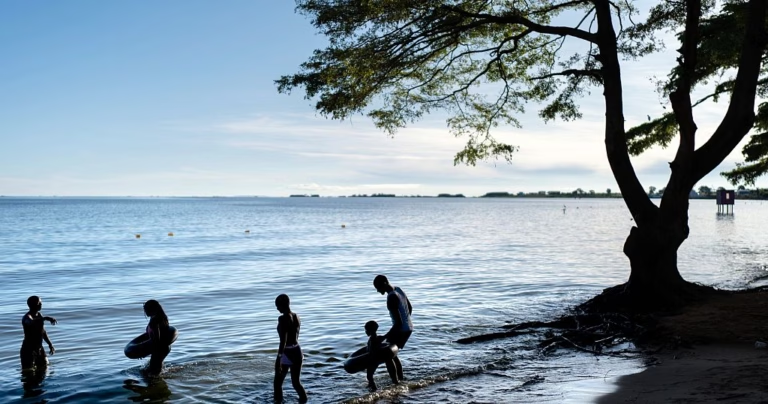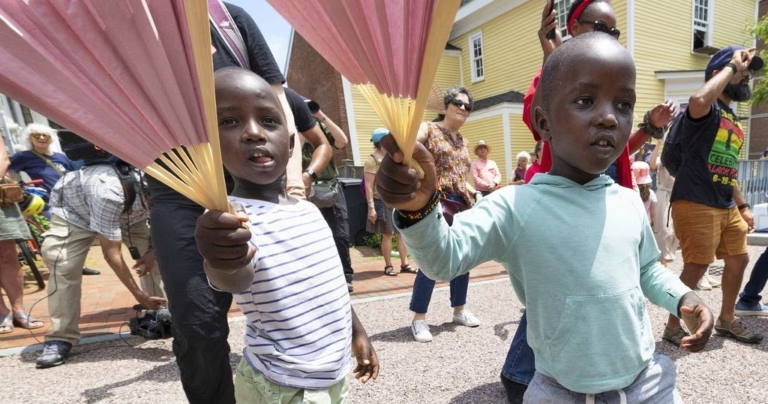
Angola’s President João Lourenço is facilitating these efforts to bring peace to the region. His call for a ceasefire in Eastern DRC, effective March 16, adds urgency to the negotiations.
The talks signify a significant step towards resolving the conflict, with both DRC President Félix Tshisekedi and President Lourenço working to find a peaceful solution. However, the specifics of the discussions, such as the DRC’s delegation, remain uncertain.
A message from President Tshisekedi’s office to Lourenço on March 14, though not disclosed, emphasized the DRC’s commitment to regional peace. The DRC insists negotiations should adhere to existing frameworks, including those organized by Luanda for talks between Kinshasa and Kigali, and Nairobi for armed groups willing to disarm. The potential involvement of former Kenyan President Uhuru Kenyatta could influence the talks in Luanda.
The M23 has been invited, with political leader Bertrand Bisimwa receiving the invitation. However, the group is awaiting security guarantees before confirming attendance.
Ceasefire in effect, but violations continue
The ceasefire, which took effect at midnight on March 16, was announced by mediators. Despite conflicting reports of fighting and bombings in areas like Masisi, Walikala, and Minenbwe, both sides officially recognized the ceasefire request.
DRC officials stress their commitment to the ceasefire but vow to protect civilians from aggression. The M23 claims to honor the ceasefire, responding only to attacks, a claim disputed by the DRC government.
Regional meetings with broad implications
Two key meetings are scheduled for March 17. In Harare, Zimbabwe, foreign ministers from Southern and Eastern Africa will discuss a document prepared by military chiefs from the two regions, focusing on ceasefire monitoring and regional military strategies. The proposed strengthening of MONUSCO’s mandate aims to improve security in North and South Kivu and protect key cities like Goma and Bukavu. The idea of deploying a new peacekeeping force is seen as less feasible.
In Brussels, the European Union will consider sanctions related to the conflict, particularly targeting Rwandan officials.
Rwanda’s response to sanctions
Rwandan President Paul Kagame, in his first public speech since his re-election, criticized countries supporting sanctions and reaffirmed Rwanda’s stance on the crisis, emphasizing the importance of regional negotiations.
Political analyst’s view
Analyst Feliciano Lourenço sees the talks as a significant step toward peace. “Aligning the interests of both sides, with President Lourenço’s leadership as the African Union head, is pivotal,” he noted. “The M23’s strength and achievements made this meeting possible, aiming for peace where the people truly suffer.”
As talks commence in Luanda, the hope is that the engagement of both the DRC government and the M23, under African Union facilitation, will lead to lasting peace in Eastern Congo.
